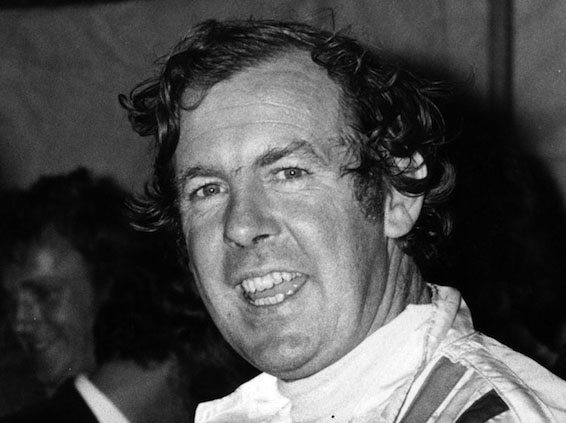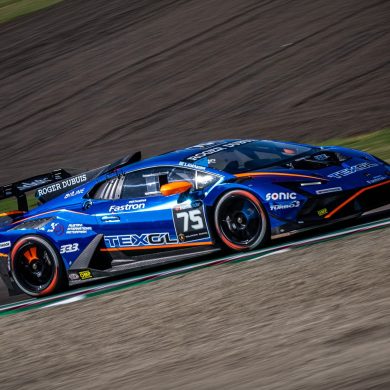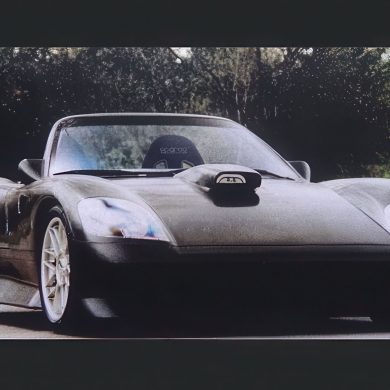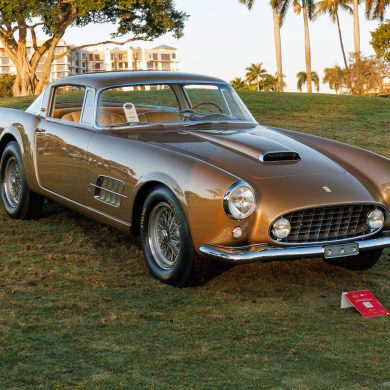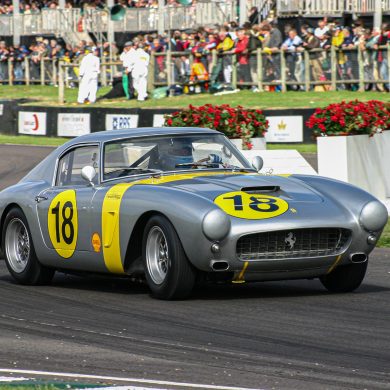One of Australia’s most prominent racecar drivers and engineers has died at the age of 80. Frank Matich won eight different championships in a variety of sports and formula cars, and twice won the Australian Grand Prix at Warwick Farm, first in 1970 with a McLaren M10B-Repco Holden and the following year in his own Matich A50-Repco Holden.
After an initiation in hillclimb events with an MG TC, Matich began circuit racing with an Austin-Healey 100 in 1958 and, after subsequently racing Jaguars, Elfins, Lotuses and Brabhams, moved into the ranks of the constructors for the 1967 season. The first Matich car, the Traco Oldsmobile-powered Matich SR3, was built by Bob Britton and won that year’s Australian Tourist Trophy. The SR4 sports racer and all the A-series formula cars were built by Henry Nehrybecki, and Matich once described the first of these, the A50 that won on its debut at the AGP, as an open-wheel version of the SR4.
Despite his impressive list of championships, Matich generally concentrated on just the race immediately at hand, although winning each of them seemed to produce titles. He was most impressed by the annual Tasman Series, of which his two AGP victories were a part, as it introduced him to international figures and progressive mechanical thought.
Although he tried to go race in England, he could never quite muster the necessary support to do so, and chose to remain what he termed a “big croc in a small puddle.” He did manage to make it to the USA, however, where he contested both the second season of the Can-Am in ’67 with his SR3R-Repco, and the Formula 5000 series in ’71 — winning the season opener at Riverside on aggregate with his McLaren M10B-Repco Holden — and ’73 with his A51-Repco Holden, where his best finish was 5th at Michigan International.
Upon retiring from the cockpit Matich served Australia’s Goodyear racing tire distributor while also promoting Bell helmets. In more recent years he worked on developments in the field of solar energy and founded a company that produced plastic coatings for almost any sub-structure that could be used in developing countries. His wife Joan preceded him in death, so he is survived by their four children, Kris, Kim, Katrina and Lee, to whom Vintage Racecar extends its sincerest condolences.


